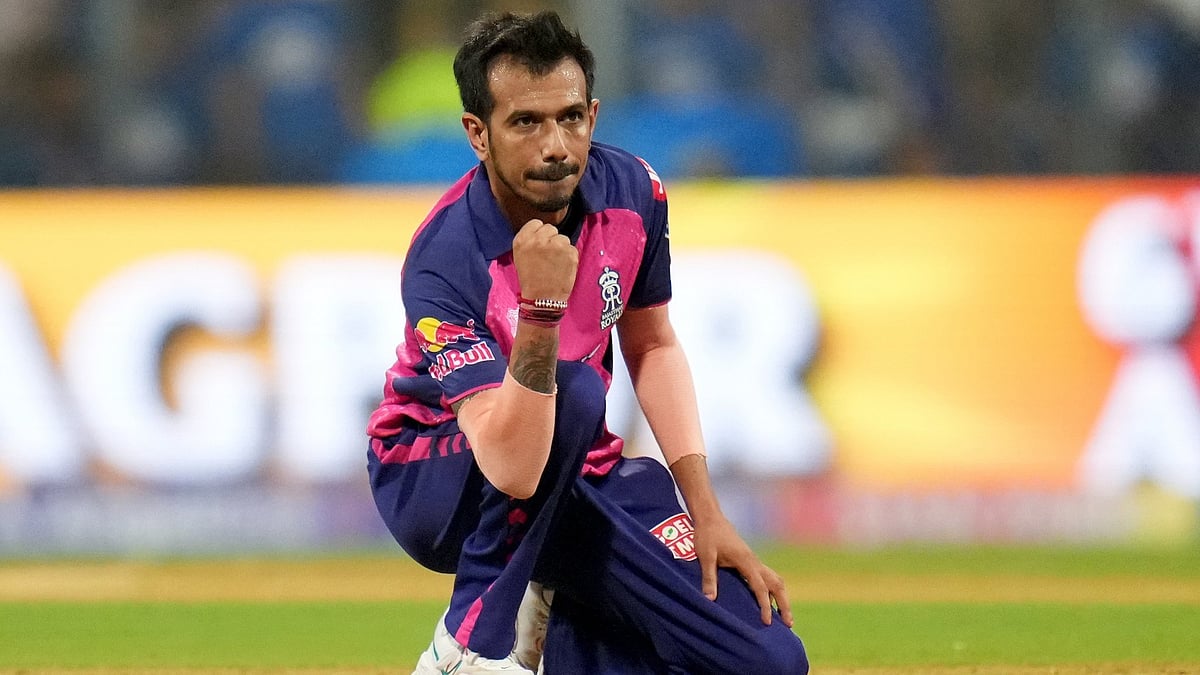
New Delhi
A team of Reuters received the mortal remains of their colleague Danish Siddiqui, who was killed during news coverage in war-torn Afghanistan, at the Delhi airport on Sunday evening. He was expected to be buried late at night in Jamia graveyard subject to completion of formalities at the airport.
Danish Siddiqui, a Pulitzer prize winning journalist was killed last week during clashes between Afghanistan troops and the Taliban in Spin Boldak district in Kandahar on Friday.
Sources in Jamia said Danish’s coffin is expected to be taken to his parental home in Ghaffar Manzil near Jamia followed by Namaz-e-Janaza at Jamia middle school. The burial was to take place at Jamia employees graveyard and attended by his colleagues at Reuters.
Danish’s German wife who was away in Germany, arrived in the morning. Sources confirmed a coffin containing mortal remains of Danish was flown on an Air India flight from Kabul on Sunday afternoon. The body was moved from Kandahar to Kabul following the intervention of the Red Cross and the Indian embassy in Kabul.
The detailed mandatory standard procedure entails issuance of death certificate, embalming and a no objection certificate (NOC) by the Indian government.
The Vice Chancellor of Jamia Millia Islamia, Professor Najma Akhtar confirmed over the phone she gave the permission for Danish’s burial in the Jamia graveyard as a special case on a request by Danish’s father, Professor Akhtar Siddiqui who retired as Dean, Faculty of Education at Jamia.
A Jamia statement said, “The Jamia Millia Islamia (JMI) Vice Chancellor accepted the request of the family of late photojournalist Danish Siddiqui to bury his body at the JMI graveyard meant exclusively for the university employees, their spouses and minor children.’’
Lamenting Danish’s untimely demise as a loss to the nation, the Jamia V-C said: “India has lost a gem. We will not let his sacrifice go to waste. We will keep his memory alive by holding an exhibition of his extraordinary pictures in the MF Husain Gallery at Jamia. Students looked up to Danish as a role model and he will continue to inspire them,'' she said.
Danish had studied at the AKJ Mass Communication Research Centre at Jamia from 2005-07. He began his career as a television news correspondent and then switched to photojournalism. Danish covered war zones and crisis from Iraq to Hong Kong to Nepal. He joined Reuters as an intern in 2010 and rose to be its chief photographer. In 2018, he won the Pulitzer Prize in feature photography. He won it with colleague Adnan Abidi and 5 others for their work documenting the violence faced by Myanmar’s minority Rohingya community. His drone images of mass funerals at the peak of the second wave of the pandemic, won him global appreciation and recognition. In 2018, Danish was awarded the Distinguished Alumni award MCRC.
Speaking last February at the TEDx Gateway event in Mumbai, Danish had said, "As a photojournalist, I have the privilege to witness humanity at its best and its worst and everything in between. My role is as a mirror and I want to expose you to the raw truth and make you a witness to it. You can look away or stand up and act for change."
Ironically, Danish also talked at the Tedx event of "Afghanistan being under the shadow of conflict for the last forty years" and his visit to Afghanistan a year after the killing of Osama Bin Laden and his being embedded with a platoon of young U.S Army soldiers.
A candlelight vigil was held at the Press Club of India and Jamia in Delhi on Saturday to pay homage to Pulitzer Prize-winning photojournalist Danish.
While holding a candlelight meeting here, Working News Cameraman Association (WNCA) president SN Sinha said Siddiqui scaled the heights of his profession while documenting wars, riots and human suffering. “He worked with passion and dedication about the stories he covered and always focused on the people caught up in difficult circumstances,” Sinha said in a statement.
The WNCA voiced concern over the “growing trend of attack on media persons while doing their professional duties.“…Media fraternity is always working as frontline warriors and working under increasing threat and it’s a matter of deep concern to the working journalists and democratic world,” it said.
Professor Farhat Basir Khan who taught Danish Photography and Visual Communication at Jamia, recalls, "During our conversation some years ago, I voiced concern about his visits to war zones and he assured me he has professional training to protect himself in such situations."
Jamia alumnus group said Danish will be remembered not just as an international award winning photojournalist but as a human being full of humility and kindness.










